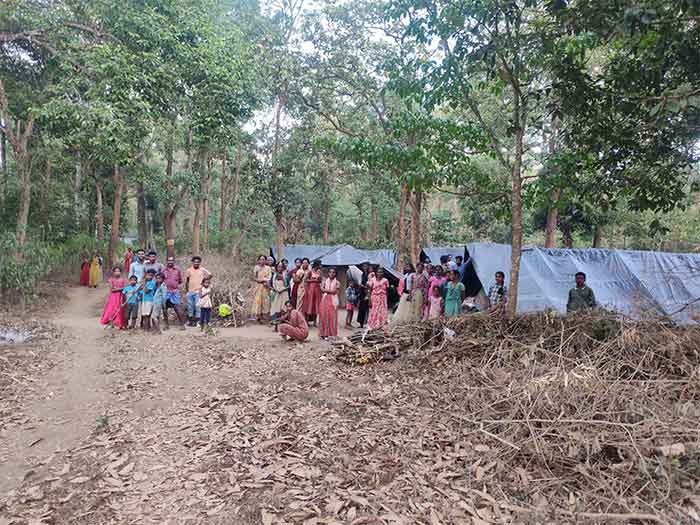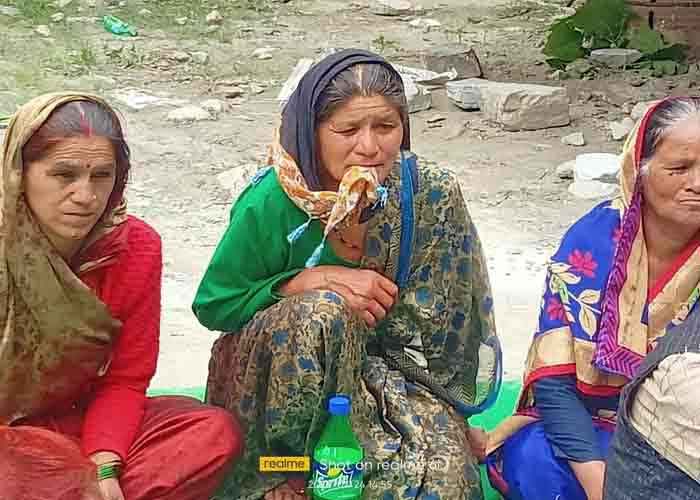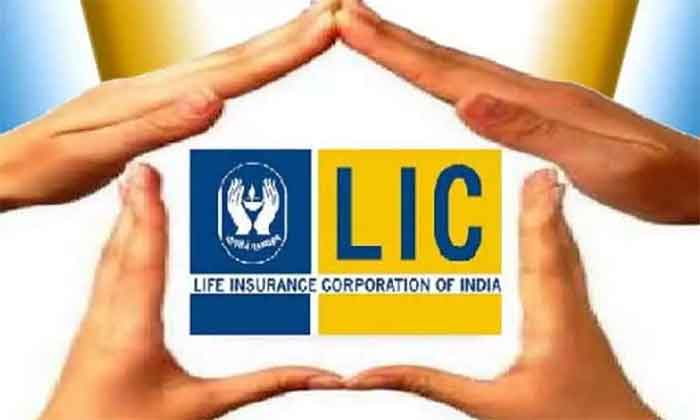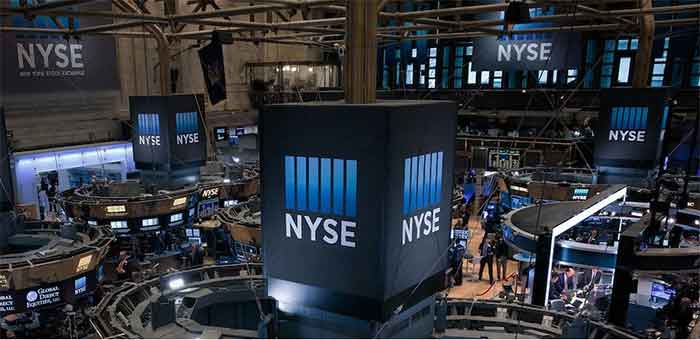
The word ‘commons’ can mean different things to different people. We’ve been working with specialists to help build the commons economy, so we’d like to concisely describe what we mean, and how you can join us.
What is the commons economy?
It’s an economy in which the essentials of life – housing, energy, land, food, water, transport, social care, the means of exchange etc. are owned in common, in communities, rather than by absentee landlords, corporations or the state. Commons have 3 parts: a) resources / assets, b) ‘commoners’ – local people who control and use them, and c) a set of rules, written by the commoners, so that they’re not lost, by being sold or used up.
We’re not talking about ‘open access’ public goods like the oceans, atmosphere, sunlight or rainfall or ‘anything to do with building community’, but commons based on the principles laid out by Elinor Ostrom in Governing the Commons. She shows that communities can develop systems of self-governance to manage resources without the need for top-down government intervention or privatization.
Ostrom’s commons principles
- Clearly defined boundaries: commoners understand what resources they have responsibility for, and who with.
- Regulations correspond to the needs and conditions of the community: commoners understand the relationship between contribution and benefits.
- Collective decision-making: individuals affected by the regulations can participate in changing the regulations.
- Monitoring: commoners monitor and re-assess the rules / commitments themselves, or appoint others, drawn from, or accountable to the commoners who ensure they’re adhered to.
- Graduated sanctions: commoners design sanctions for violations of rules / commitments, depending on the severity of the violation.
- Conflict resolution: commoners devise conflict-resolution mechanisms that are low cost and easily accessible for all members.
- Local autonomy: commoners can create regulations and institutions without the infringement of an outside authority.
- Nested groups: if part of larger systems, commons groups are organised in multiple layers of nested groups.
New ideas
There are new tools and ideas that allow us to:
- bring assets into the commons without debt: by issuing vouchers sold at a discount. Imagine an energy group wanting to put up a wind turbine. At the moment, they’d need to go into debt or give away equity, which means the infrastructure will be in the hands of capitalists before long (like many co-ops and building societies). Instead, they issue energy vouchers, denominated in kWh, not £ (which makes them inflation-proof). People will want them because they’re sold at a discount, and they provide a store of value – interest-free security for old age or sickness. This basic idea can work in every sector of the economy.
- provide strong asset locks: to prevent appropriation of commons assets. Commons groups have members that are users / customers, investors and stewards (employees), but also a ‘custodian’ member class, who aren’t proactive – they just have a veto vote. They’re disinterested arbiters to make sure that the purpose of the commons isn’t compromised – such as selling commons assets to capitalists.
- reduce the need for money, banks and interest: by ‘credit clearing’. It’s something the banks do, to reduce the need for cash to pay debts. But we can do it too. Imagine A owes B £10; B owes C £10; C owes A £10. If everyone has all the information, it can just clear, without needing money to pay debts. For networks of trading small businesses, this can be done with algorithms, covering large areas.
- remove the need for money, banks and interest entirely: within those large areas, smaller clusters of businesses can be found that trade with each other regularly. They can share a ‘mutual credit’ ledger in which all members get an account, set at zero. When they sell, their numbers go up, when they buy, they go down. There are limits to how far anyone can go into credit or debit. It’s just an accounting system, for who’s done what for whom – no money required, so nothing to extract from communities.
- federate to form the basis of a new, commons economy: all these commons projects can be connected together via the ‘Credit Commons Protocol’ – a ‘language’ that they can all speak that allows them to trade between each other – but in a federation, with no centre. Each local group retains full autonomy. Everything is interoperable – so people can pay their rent, energy bills etc. (and get paid) in mutual credit, for example.
What’s happening already?
Under feudalism, ‘commoners’ had rights on land owned by the Crown, nobility or the church, to graze animals, collect firewood etc. Ending such rights – by legal acts of enclosure – was part of the transition to capitalism. An estimated 2 billion people today still depend for at least part of their livelihood on common resources.
According to the International Reciprocal Trade Association, around $12-14 billion worth of trade happens annually via mutual credit between participating businesses in the (mis-named) commercial barter industry.
4000 businesses on the island of Sardinia are members of a mutual credit network called Sardex, trading over 50 million euros’ worth of value per year. Grassroots Economics are building similar networks of pooled vouchers around Kenya. They currently have over 80,000 participating small businesses, with thousands joining each week.
Island Power are using the use-credit obligations concept to build renewable energy infrastructure for Pacific islands – but it’s also the basic idea behind air miles and community-supported agriculture.
Stroud Commons is a group of Stroud residents who’ve come together to build the commons economy in Stroud, and to document everything so that it can be implemented in other towns too.
What are the benefits of the commons economy?
Community resilience
We believe that we’re in an era of collapse, with its roots in environmental destruction, exacerbated by resource depletion, fragile supply chains, mass migration and war. We’re going to need to look after each other in communities, by building the commons economy to provide affordable housing, energy and other essentials, and a way to invest our savings in our communities. The social aspects of the commons is very important, and the commons is not divisive. It’s neither right nor left – nothing to do with the state or corporations.
People in communities (e.g. in Switzerland, Japan, Spain and the Philippines) where there are commons for irrigation, pasture, woodlands etc. have for centuries organised themselves to set and monitor rules, and sanction those breaking them. This has developed excellent organisational skills for community cohesion in times of shortage or hardship.
Decentralising power
Once assets are in the commons, there are no profits for shareholders, and they’re never sold again, so that wealth stays in communities, rather than being extracted and concentrated. Mutual credit is the exchange system for the commons economy – it’s accounting for who’s done what for whom, rather than money, which is what’s actually extracted from communities.
System change
By building the commons, we can start to lay the foundations of a new system. It may be the only way we can do that – we can’t vote for it, as the state and corporate sector are so entwined; protest or petitions won’t work for the same reason; there’s not going to be an ‘uprising’, and even if there were, it would be crushed, and even if it succeeded, it would mean a different group in control of centralised power. We need to build something new ourselves, in our communities. In the 19th century, the co-operative and mutual movements came close to building a new system, but co-ops needed to go into debt to obtain infrastructure, and didn’t have strong enough asset locks to prevent corporate buyout. Now the Co-op Bank, Co-op Energy and most of the building societies are owned by the corporate sector.
Other
- Wealth is spread more widely, which makes political corruption by the extremely wealthy more difficult.
- No businesses are ‘too big to fail’ and won’t require taxpayers’ money to bail them out.
- Supply chains are short and sweatshop-free.
- We employ ourselves, either individually or co-operatively.
- No-one gets rewarded for someone else’s work.
- Work is more meaningful and interesting.
- You can talk with real people and get personal attention.
- Communities are strengthened and become safer, friendlier and more fun.
- Homes exist to house people, not as investments, and are owned by the people who live in them, individually or in common.
- Towns retain their character and uniqueness.
- Attempts to change the system without considering social relations have been disastrous (e.g. communism, fascism), and attempts to change social relations without considering the system have been ineffective (e.g. hippies, self-help).
What can I do?
We’re working with Mutual Credit Services to provide ‘recipes’ for building commons infrastructure, using the tools above to raise investment without debt, provide strong asset locks, and to federate everything together to form the basis of a new system. We’re using these recipes in Stroud and other towns.
We’ll be producing materials as guides to building commons institutions in every sector of the economy, and an online manual (the ‘Commoners Manifesto’).
If you live in or around Stroud, you can contact Stroud Commons if you’d like to get involved – as an activist / commons builder, investor, customer or steward (employee to manage / maintain the commons). We’re also helping groups start in several other towns around the UK, and in other countries, including the US, Sweden, Galicia, Costa Rica, India and Nigeria. Join what we believe will become a burgeoning movement for real change.
Here’s more about ‘commoning’, housing commons, energy commons, climbing commons, friendly societies (social care commons) and here’s a longer article about the why, what, how and who of the commons economy.
Contact us if you’d be interested in starting a group in your town. Subscribe to our newsletter for updates; become a member; and of course, please share this page with anyone you think might be interested. We’d like to invite everyone to be a commoner!
Dave Darby founded Lowimpact.org in 2001, spent 3 years on the board of the Ecological Land Co-op and is a founder member of NonCorporate.org and the Open Credit Network.
Originally published in: Low Impact
















































